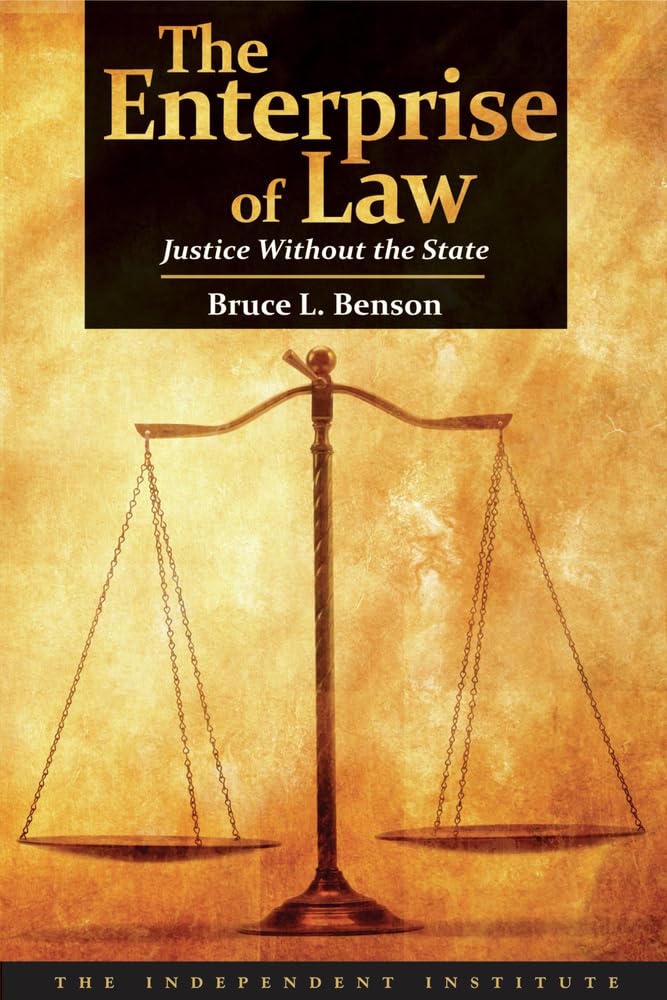Police protection certainly can be provided privately via the free market - and it often is even today, in the sense that there are more private security guards than public police officers in the US - but we usually call people who advocate entirely private generation and enforcement of law anarcho-capitalist rather than libertarian.
Economist David Friedman is one of the best thinkers on this subject; he bases his views on history and the economics of law - this chapter of his book Machinery of Freedom is a good starting point on the theoretical case:
http://www.daviddfriedman.com/Libertarian/Machinery_of_Freed...
(I also recommend the book _The Enterprise of Law: Justice Without The State_ by Bruce L. Benson: http://www.amazon.com/The-Enterprise-Law-Justice-Without/dp/... )


What you are saying is indeed a common conventional wisdom opinion taught in grade school. Thus, people who believe differently might do so because they've thought more about it than an 8-year-old. Perhaps they've looked into the history or the economics of the situation.
To remedy your amazement I recommend reading _The Enterprise of Law: Justice Without The State_ by Bruce Benson: http://www.amazon.com/The-Enterprise-Law-Justice-Without/dp/...
And also perhaps _The Machinery of Freedom: Guide to a Radical Capitalism_ by David Friedman (which just went out of print - there's a new edition in process but in the meantime you can read the old one for free on the web in pdf form here: http://www.daviddfriedman.com/The_Machinery_of_Freedom_.pdf
With or without government to enforce your rights, you can make it hard for people to take stuff away - and even in a government based system we expect you to do that to some degree. You can lock stuff up - put it behind walls and gates. You can guard it yourself. You can get a dog. You can ask or pay other people to guard it. You can install streaming security cameras to help identify miscreants. You can pay private patrols. (There are more private guards than public police in the US) But if somebody still takes your stuff despite your best efforts to protect it, there are several nongovernmental ways to deal with the problem. Some of which work now in the real world. For instance, there are reputational systems (Reporting somebody to a credit agency for bouncing a check is making use of a private rule-enforcement mechanism. As is reporting a bad doctor to their certification board.) When dealing with businesses or known individuals you can post a bond with a third party or use an escrow agency. Or appeal to a private arbitrator - agreements between diamond merchants in NYC are often made on a handshake and handled under Jewish courts and Jewish law that have nothing to do with the government system.)
There are other mechanisms that could work but are currently barred or restricted by the government. Competitive private protection agencies could serve most of the same role, were they allowed to do so.
It's true that there's no perfect way to defend property without government. But there's also no perfect way to defend it with government. There are pluses and minuses. A private competitive legal system would be more complex, less predictable. But the downside risk of depending on a single monopoly provider for any important service is substantial - and not easily dismissed.